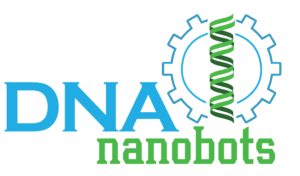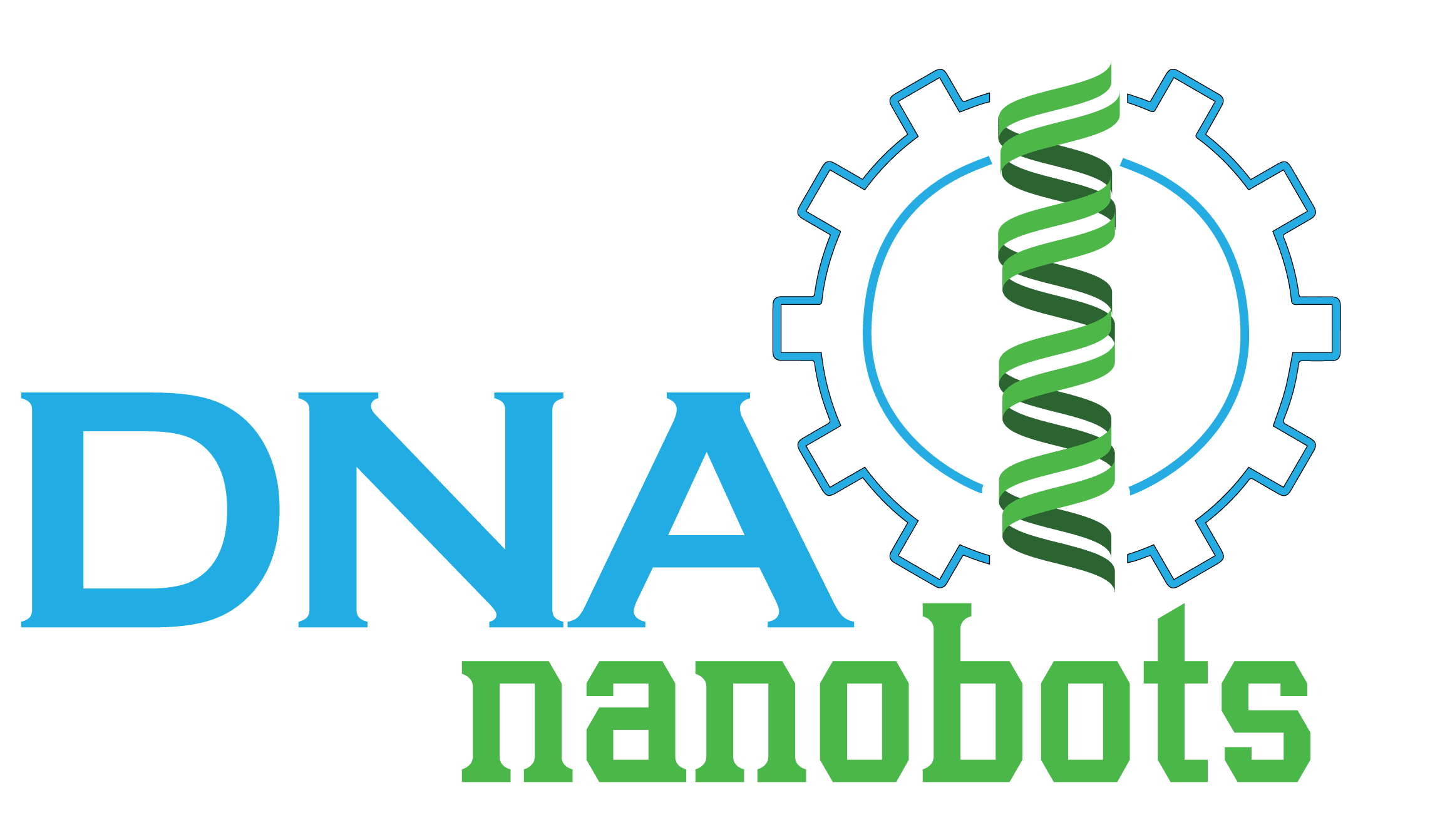by Christopher R. Lucas, PhD
March 29, 2023
Vaccination against tumor antigens is a promising strategy for both cancer prevention and safe treatment, mediated through antigen presenting cells (APCs) and T cell immunity. However, many cancers induce immunosuppression, possess heterogeneous antigens, and lack sufficient antigenicity and immunogenicity, leading to immune tolerance and suboptimal cancer vaccine effectiveness. Thus, there is a need to develop multivalent cancer vaccines that can boost tumor-specific immunity through enhanced antigen delivery and adjuvant stimulation of APCs and tumor antigen specific T cells.
Nanoparticle (NP)-based cancer vaccines have shown particular promise due to their unique bio-physicochemical properties, including their size, shape, increased payload capacity and protection, and organization of APC targeting molecules on their surface. Among numerous NP technologies, DNA origami, the highly programmable molecular self-assembly process employed for the construction of DNA-based origami nanodevices (DO), allows for unprecedented control over nanoscale geometry, high payload capacity, and site-specific incorporation of targeting molecules for specific delivery to APCs. Hence, DO can integrate multiple precise vaccine functions, such as co-delivery of distinct tumor-associated peptide antigens, adjuvants, and APC targeting on a single ~100 nm DO nanodevice.
Our long-term goal is to develop a rapidly customizable DO-based nanobot vaccine delivery system (DO-VAC) that can integrate a broad spectrum of tumor antigens and induce anti-cancer immunity allowing for personalized patient treatment and tumor relapse prevention.
Our current goal is to understand how the DO-VAC fundamentally interacts with the immune system to establish a foundation for directing immune responses. We hypothesize that DO nanobots targeted to APCs will serve as an effective and modular vaccine delivery platform to generate an antigen-specific anti-tumor immune response.
Stage of Development
We have proof-of-concept evidence both in vitro and in vivo. Currently, we are at the lead molecule generation stage of development.
Specific Advantages over Existing Solutions
Payload. We, for the first time have adapted stable and high antigen capacity (~1000 antigens per DO nanobot vaccine) based on electrostatic lysine loading and adjuvant capacity (~100 adjuvant molecules per single DO nanobot vaccine) (advantage: highly organized and uniform over liposomal vaccine formulation).
Targeting. We will exploit the precision of DO nanobot vaccine technology to precisely control placement of DC targeting ligands such as anti-DEC205 and anti-CD11c; reducing off-target delivery, overall side effects, and immune tolerance. In addition, antibody vs. aptamer targeting will determine low affinity and/or multivalent targeting efficacy. (advantage: APC targeted vaccine vs. non-targeted liposomal vaccine formulation).
Protection and Controlled Release. Our controlled release formulation encompasses the targeted DO-VAC encapsulated within alginate capsules that can be reinforced with a silica or chitosan shell. Alginate controlled release vaccine delivery has advantages over traditional vaccines.
Market Opportunity
The global market for vaccine technologies should grow from $38.2 billion in 2021 to $55.1 billion by 2026 with a compound annual growth rate (CAGR) of 7.6% for the period of 2021-2026. The global market for DNA vaccines should grow from $3.1 billion in 2021 to $11.5 billion by 2026 with a compound annual growth rate (CAGR) of 30.1% for the period of 2021-2026. The global market for cancer vaccines should grow from $8.1 billion in 2021 to $11.7 billion by 2026 with a compound annual growth rate (CAGR) of 7.6% for the period of 2021-2026.
Potential use cases
1.) Targeted vaccine delivery to APCs: Our APC-targeted DNA nanobot vaccine delivery system will enhance and optimize antigen delivery, presentation to T cells, T cell activation, and ultimately T cell effector function compared to non-APC targeted liposomal vaccine formulations.
2.) Uniform and compact delivery system: Our DNA nanobot vaccine delivery system allows for a controlled number (100s of antigen molecules and 10s of adjuvant molecules) compared to the non-uniform and difficult to control lipsomal vaccine formulations.
Opportunity
DNA Nanobots is an OSU-Spin Out biotechnology company focused on product development services for biomedical applications including tissue/cell specific vaccine targeted delivery. We provide comprehensive therapeutic contract product development services that include: i) concept development and prototype design; ii) initial construction and characterization; and iii) pre-clinical development. Importantly, we can load a large variety of payloads into a targeted delivery system allowing for a customizable vaccine delivery system with (antigen(s), adjuvant(s), targeting molecule(s)) provided by the customer. We see ourselves as the ‘Uber’ for pharmaceuticals. We are seeking pharmaceutical product development service contracts to support the therapeutic development pipelines of the Pharma, Biotech, and Academic industries.

